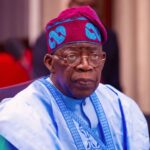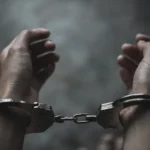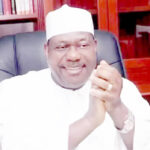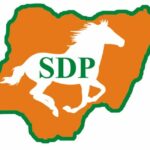The Suleja LGA of Niger State APC Stakeholders Forum has condemned the recent decision by the State Working Committee (SWC) to confirm Mallam Idris B. Nana as the substantive chairman of the Suleja APC.
In an open letter addressed to the Niger State APC chairman signed by Hon Shuaibu Mohammed Liman Iya and Hon Yusuf Shuaibu Mami, chairman and secretary of the forum respectively, the stakeholders called for the immediate respect and implementation of a resolution aimed at addressing the leadership crisis within the local chapter.
According to the letter, the conflict began with the party’s 2021 congresses where consensus guidelines were established for electing leaders at various levels. Although the ward congresses were conducted successfully, a disagreement emerged during the local government’s congress over the zoning arrangement for the chairman’s position. Mal Gambo Ibrahim was elected as chairman, but this decision faced opposition from key figures, including Hon Abubakar Lado and Hon Abdullahi S. Maje, who supported Idris B. Nana’s continuation in the role.
They added that the disagreement led to the creation of parallel party structures, with Nana’s faction producing an alternative list of officials. Despite several confirmations of Ibrahim’s position by various committees, the conflict persisted and was exacerbated by Ibrahim’s suspension in December, 2023, for alleged insubordination. The suspension was later extended, which the stakeholders argued, only deepened the division within the party.
- Kidnappers gun down Hotel owner, manager, guest despite N25m ransom
- Mob sets 2 ‘bandits’’ corpses ablaze in Kaduna
In response, the Suleja APC Stakeholders Forum formed a reconciliation committee to address the crisis. However, despite the stakeholders’ efforts, the SWC confirmed Idris B. Nana as the substantive chairman on August 27, 2024; a decision that met significant criticism. The stakeholders argued that the action disregarded democratic principles and party rules, and they believed it was influenced by external pressures aimed at perpetuating the existing crisis.
In their letter, the stakeholders rejected the SWC’s decision, describing it as an act of imposition and a violation of democratic processes.
They called on the SWC to reverse its decision and respect the resolutions made by the local party members.
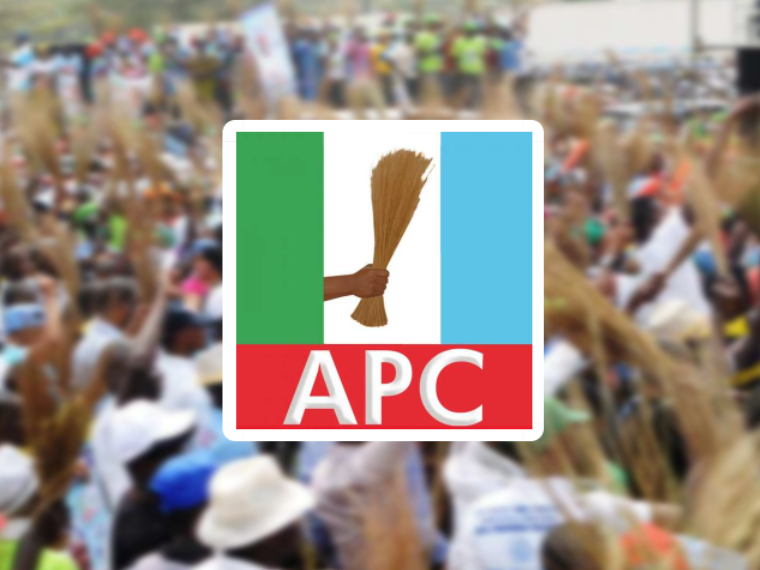
 Join Daily Trust WhatsApp Community For Quick Access To News and Happenings Around You.
Join Daily Trust WhatsApp Community For Quick Access To News and Happenings Around You.